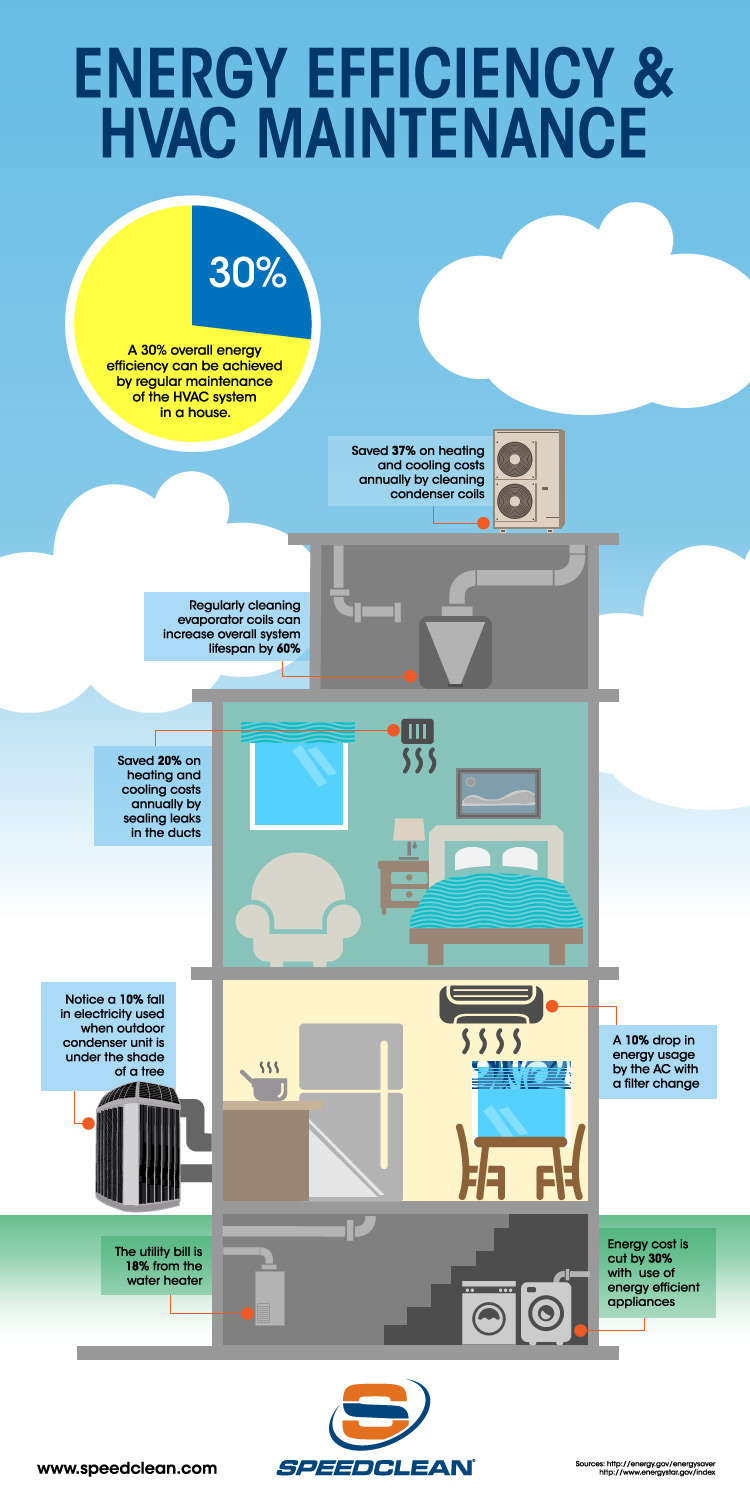When determining between air source and ground source heat pumps, you may find yourself evaluating aspects like efficiency, cost, and environmental influence. Each choice uses unique benefits, yet which one straightens finest with your demands and top priorities? As you explore the distinctions between these 2 types of heat pumps, you'll reveal essential insights that can assist you in the direction of making an informed decision that suits your one-of-a-kind conditions. Remain tuned for a much deeper study the subtleties of air resource versus ground resource heatpump to help you browse this important selection.
Efficiency and Performance Contrast
When comparing air resource and ground resource heat pumps for effectiveness and efficiency, it's essential to consider exactly how each system operates in numerous conditions. Air source heat pumps remove warmth from the outside air, making them much more vulnerable to changes in temperature. This implies they may be much less reliable in extremely chilly environments.
On the other hand, ground resource heatpump make use of secure below ground temperatures for warm exchange, giving even more regular performance no matter external weather. Ground source heat pumps are usually more energy-efficient over time as a result of the secure heat source underground. Additionally, ground resource heatpump have a tendency to have a longer lifespan contrasted to air source heat pumps, which can impact long-term performance and maintenance costs.
Cost Evaluation: Installment and Upkeep
For a comprehensive comparison between air resource and ground source heat pumps, it's vital to evaluate the expenses associated with their setup and maintenance. Air resource heatpump usually have lower ahead of time setup expenses contrasted to ground source heatpump. The setup of air resource heatpump includes much less complex excavation and drilling, making it a much more budget-friendly alternative for several homeowners.
However, ground source heat pumps are recognized for their higher effectiveness, which can lead to reduced long-term energy prices, potentially balancing out the initial installation costs gradually.
When it comes to maintenance expenses, air source heat pumps are generally easier and less costly to preserve contrasted to ground source heatpump. Ground source heatpump need routine look at the below ground loop system, which can incur added upkeep costs.
On the other hand, air resource heat pumps commonly require straightforward filter changes and occasional expert assessments, keeping maintenance costs reasonably reduced.
Consider both the upfront setup costs and lasting maintenance expenditures when determining in between air source and ground resource heat pumps to establish which choice lines up ideal with your budget plan and requirements.
Environmental Impact Analysis
Examining the ecological impact of air resource and ground resource heat pumps is essential in understanding their sustainability.
Air source heat pumps need electricity to run, which can lead to boosted carbon discharges if the electrical power originates from nonrenewable fuel sources. On the other hand, ground resource heatpump use the stable temperature level of the ground to warm and cool your home, resulting in lower energy usage and decreased greenhouse gas discharges.
The installation of both sorts of heat pumps entails some degree of environmental impact, such as the use of refrigerants in air source heatpump or the excavation needed for ground loopholes in ground source heat pumps. However, ground resource heat pumps have a longer lifespan and greater performance, making them an extra eco-friendly option in the future.
heat pump settings for winter nz
When deciding in between air resource and ground resource heat pumps, consider your environment, spending plan, and environmental goals. Air source heat pumps are much more cost-efficient upfront, but ground resource heatpump offer greater efficiency and lasting cost savings. Select https://abc7ny.com/heat-hot-tips-resources/11873370/ that straightens with your top priorities and requirements for a comfortable and lasting home heating option.
